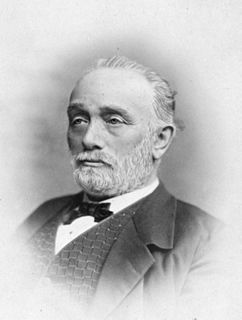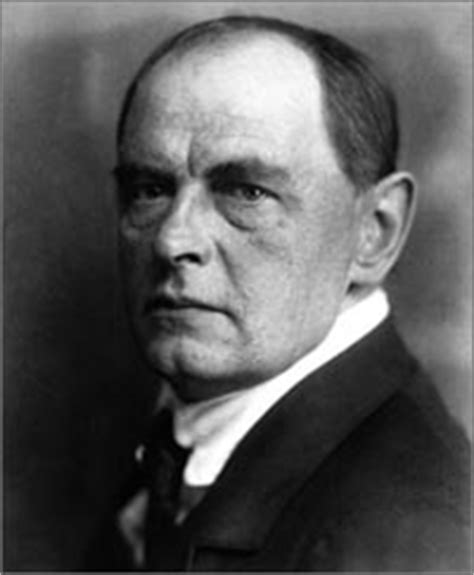A Quote by Ludwig Buchner
A creative force that either creates itself or arises from nothing, and which is a causa sui (its own cause), exactly resembles Baron Munchhausen, who drew himself out of the bog by taking hold of his own hair.
Related Quotes
With only one life to live we can't afford to live it only for itself. Somehow we must each for himself, find the way in which we can make our individual lives fit into the pattern of all the lives which surround it. We must establish our own relationships to the whole. And each must do it in his own way, using his own talents, relying on his own integrity and strength, climbing his own road to his own summit.
The freedom of an individual depends upon that individual's freedom to alter his considerations of space, energy, time and life and his roles in it. If he cannot change his mind about these, he is then fixed and enslaved amidst barriers such as those of the physical universe, and barriers of his own creation. Man thus is seen to be enslaved by barriers of his own creation. He creates these barriers himself, or by agreeing with things which hold these barriers to be actual.
It is in the very nature of a beginning to carry with itself a measure of complete arbitrariness. Not only is it not bound into a reliable chain of cause and effect, a chain in which each effect immediately turns into the cause for future developments, the beginning has, as it were, nothing whatever to hold on to; it is as though it came out of nowhere in either time or space.
In the absence of government each man learns to think, to act for himself, without counting on the support of an outside force which, however vigilant one supposes it to be, can never answer all social needs. Man, thus accustomed to seek his well-being only through his own efforts, raises himself in his own opinion as he does in the opinion of others; his soul becomes larger and stronger at the same time.
The ignorant man is not free, because what confronts him is an alien world, something outside him and in the offing, on which he depends, without his having made this foreign world for himself and therefore without being at home in it by himself as in something his own. The impulse of curiosity, the pressure for knowledge, from the lowest level up to the highest rung of philosophical insight arises only from the struggle to cancel this situation of unfreedom and to make the world one's own in one's ideas and thought.








































